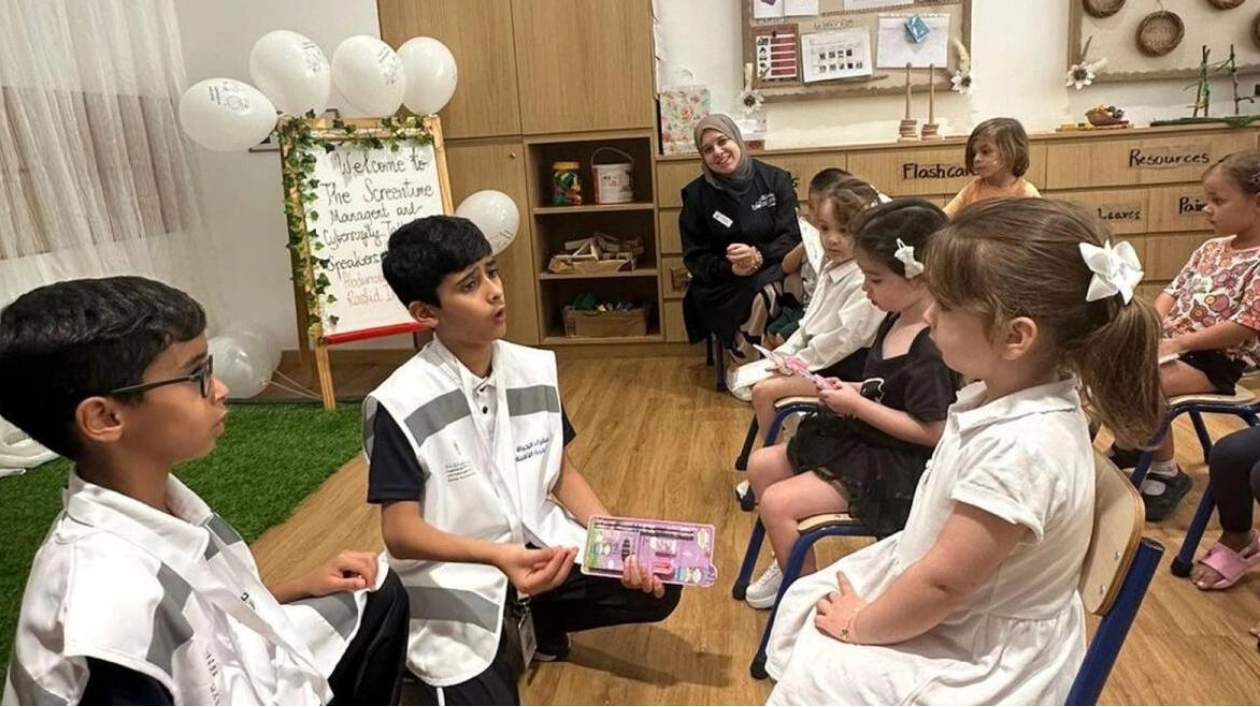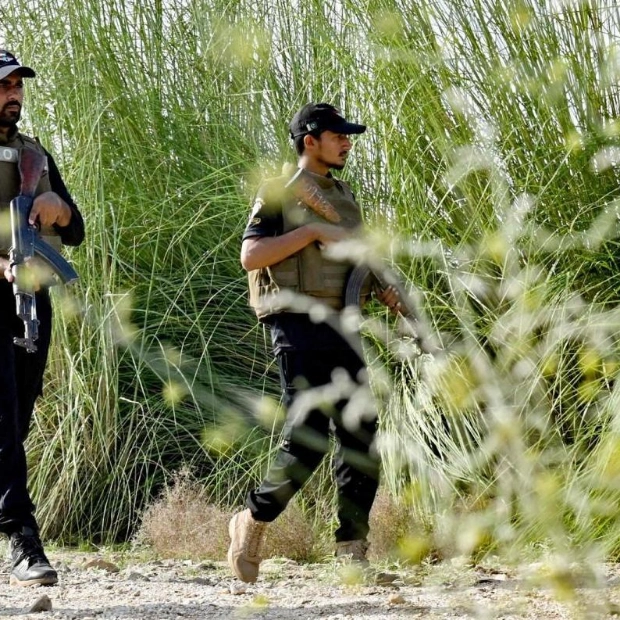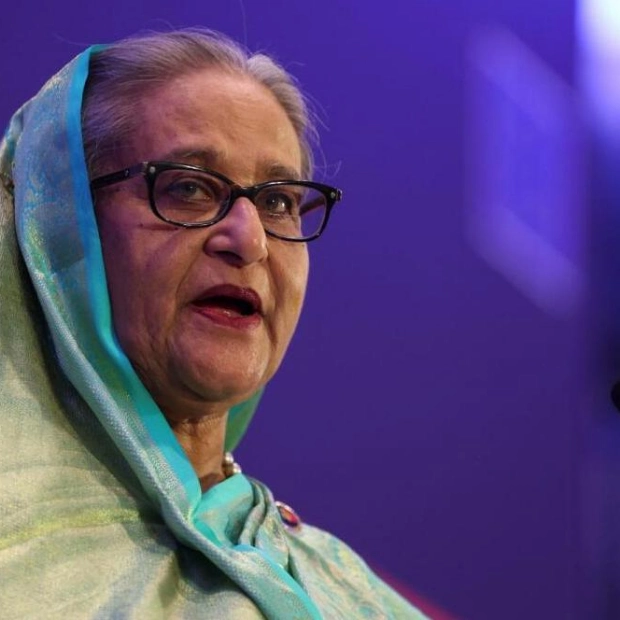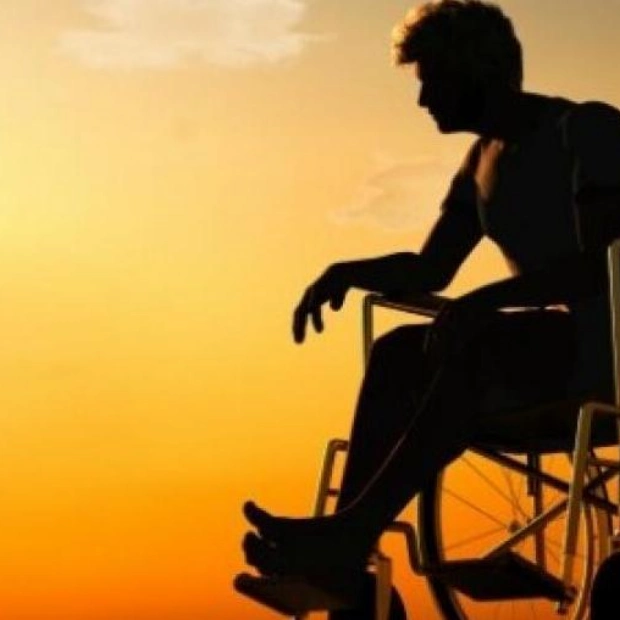On Wednesday morning, nine-year-old Abdurrahman Ali Al Mulla addressed over 25 students at Blossoms Nursery, educating them on safe internet practices. “I advised them against clicking on suspicious links or ad pop-ups,” he explained. “I also taught them the importance of strong passwords for their online accounts. While I attempted to discuss bullying in a way that was suitable for their age, they were too young to grasp the concept. They couldn’t understand why someone would be unkind to another person online.” Abdurrahman is among several children trained as Digital Safety Ambassadors by the Sharjah Government Social Services Department, Sharjah Media, and the Telecommunications and Digital Government Regulatory Authority (TDRA) – Dubai. Since completing the 5-day training in January, he and his peers have conducted more than 17 sessions for students of various ages across Sharjah.
Several government agencies and educational institutions are recognizing the significance of student-led safety programs to protect children online. Recently, an 11-year-old Emirati student was admitted to the ICU after facing severe online bullying for her participation in a reality show. Abdurrahman adjusted his presentation style based on the age of his audience. He shared that some participants confided in him. “One boy in my last session mentioned that he was teased and called 'the boy with four eyes' because he wore glasses,” he recounted. “We discussed how hurtful that was and how he could respond by ignoring the bullies. When people don’t react, bullies often lose interest and move on.”
According to Noona Nafousi, founder and lead coach at Neo Noor, peer-led programs are crucial for effectively communicating with young people. “Kids listen to kids. It’s straightforward,” she said. “They are each other’s biggest influencers. These programs empower young individuals to take on leadership roles, boosting their confidence while supporting others.” Nafousi emphasized that while other interventions have their merits, nothing matches the impact of peer-led initiatives in mental health. “They foster a sense of community, reduce stigma, and make participants feel seen, heard, and understood by someone who truly 'gets it'. Someone who is on their level,” she added.
Many schools are leveraging this community spirit by appointing students as mental health ambassadors. “We have anti-bullying and well-being secretaries as part of the students’ council,” said Deepika Thapar Singh, CEO and Principal of Credence High School. “They focus on digital well-being and organize awareness sessions to combat bullying and report bullies.” Singh noted that with the widespread use of social media, online bullying has become prevalent in educational settings, especially in schools. “It often takes various forms: verbal bullying, characterized by name-calling, teasing, or threats; social or relational bullying, where students are excluded, gossiped about, or humiliated to damage their social standing,” she explained. “This causes significant emotional, psychological, and sometimes physical harm, impacting a student’s well-being, academic performance, and social relationships.”






